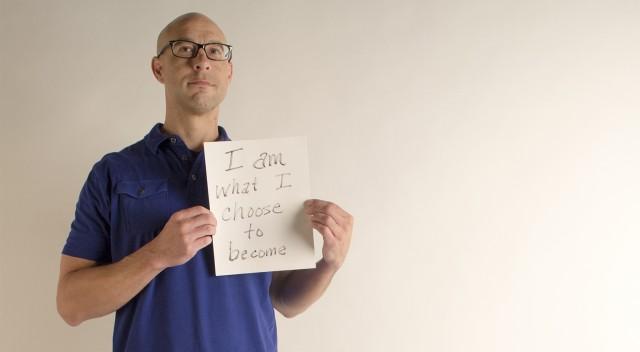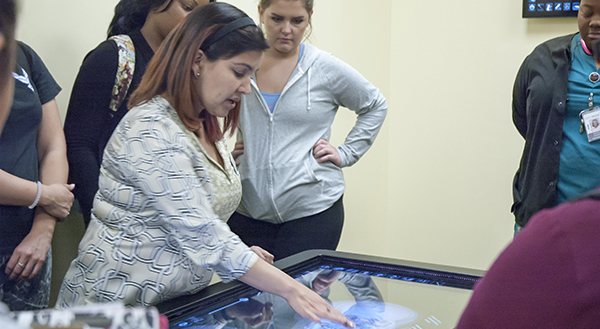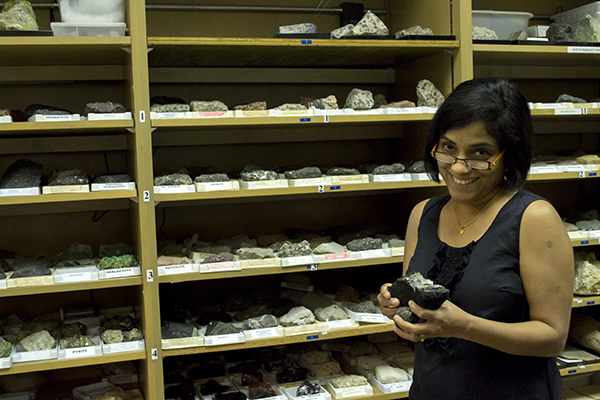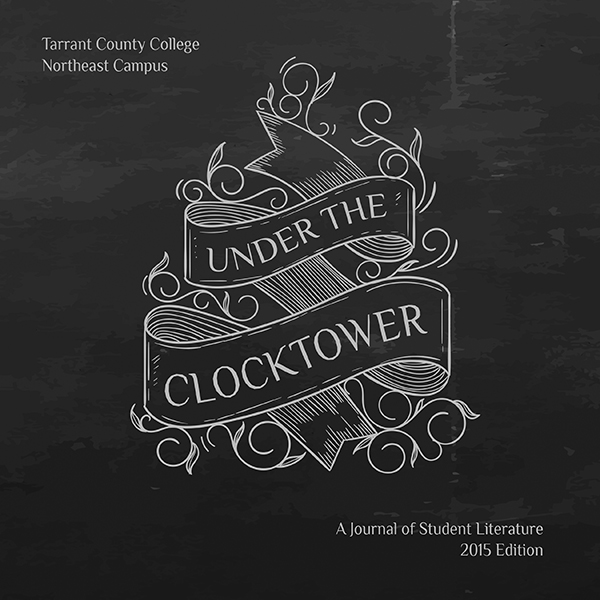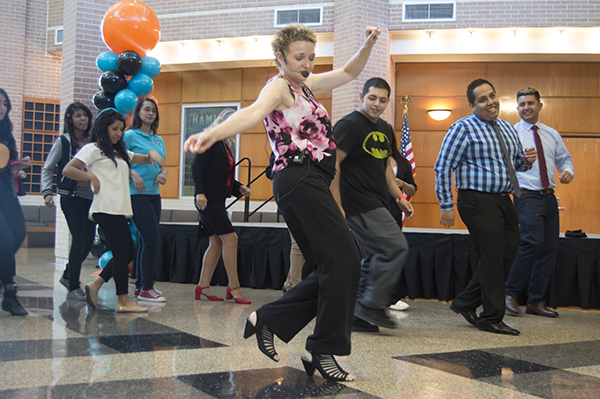By Hope Sandusky/ editor-in-chief
After the death of Chancellor Erma Johnson Hadley, TCC will now work toward the process of finding her successor.
The college plans to hire a professional search firm to assist in the pursuit of a new chancellor.
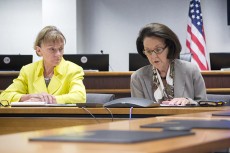
Katelyn Townsend/The Collegian
“We will be issuing a request for proposals to hire the firm,” board president Louise Appleman said. “The search will be thorough and likely lengthy.”
Appleman said in the past, firms usually accept the applications, go through them for qualifications and then bring their recommendations to the board of trustees for the final decision.
“There may be an opportunity for the TCC community to weigh in at some point,” she said.
TCC has historically handled the search for its four previous chancellors in various ways. The first chancellor, Joe B. Rushing, was brought in from Florida after receiving a call from the board of trustees. C.A. Roberson worked as executive vice chancellor before he was appointed as chancellor.
“There was no search, and no interview with anyone else when both Rushing and Roberson became chancellors,” former vice chancellor Bill Lace said.
Lace, who has spent months writing a book on the college’s 50th anniversary, said the college first used a search firm during the process that brought Leonardo de la Garza to the top job in 1997.
“There was an outside firm that advertised and reviewed the applicants before bringing them to the board,” he said. “There were six semifinalists, which were then narrowed down to three finalists. They were then interviewed by the board, the firm and then a committee made of faculty and students. The groups then met together and made recommendations before the board made the final offer, which was to de la Garza. In that case, there was plenty of outside input.”
After the departure of de la Garza, the school chose not to use a search firm. Instead, it posted the job in professional journals and on websites. The job ultimately went to Hadley, who was serving as interim chancellor at the time in 2010.
Search firms and committees are not unique when it comes to finding chancellors, Lace said.
In 2013, the Dallas County Community College District used a search firm alongside a committee made up of its board of trustees when its former chancellor Wright Lassiter Jr. retired. The committee also took feedback from the community, holding a public hearing as well as creating a
specific phone number for people to call and leave comments.
Lone Star College in Houston also hired a firm in its search for a chancellor in 2014. It also held open forums for students and the community to voice their opinions.
Lace said the benefit of having a firm is that it has a better ability to reach out to people than the board might.
“They [the firm] may know highly qualified people who are ready to move to somewhere,” he said. “They can bring a lot of insight into the candidates and more of who they are than just what the application shows.”
In the past, the school has used college search committees made up of faculty, students and the board when it comes to finding campus presidents and other positions but has never used it for a chancellor search.
“The committee of faculty and students was only used when it was the final nominees during the search when de la Garza was appointed,” Lace said. “There hasn’t been a committee like that used at the start of a search.”
As the search begins, Angela Robinson will sign her contract as acting chancellor at the Oct. 29 board meeting. Appleman said the duration of her contract is still unknown.
Robinson has said she does not intend to seek the job permanently.























